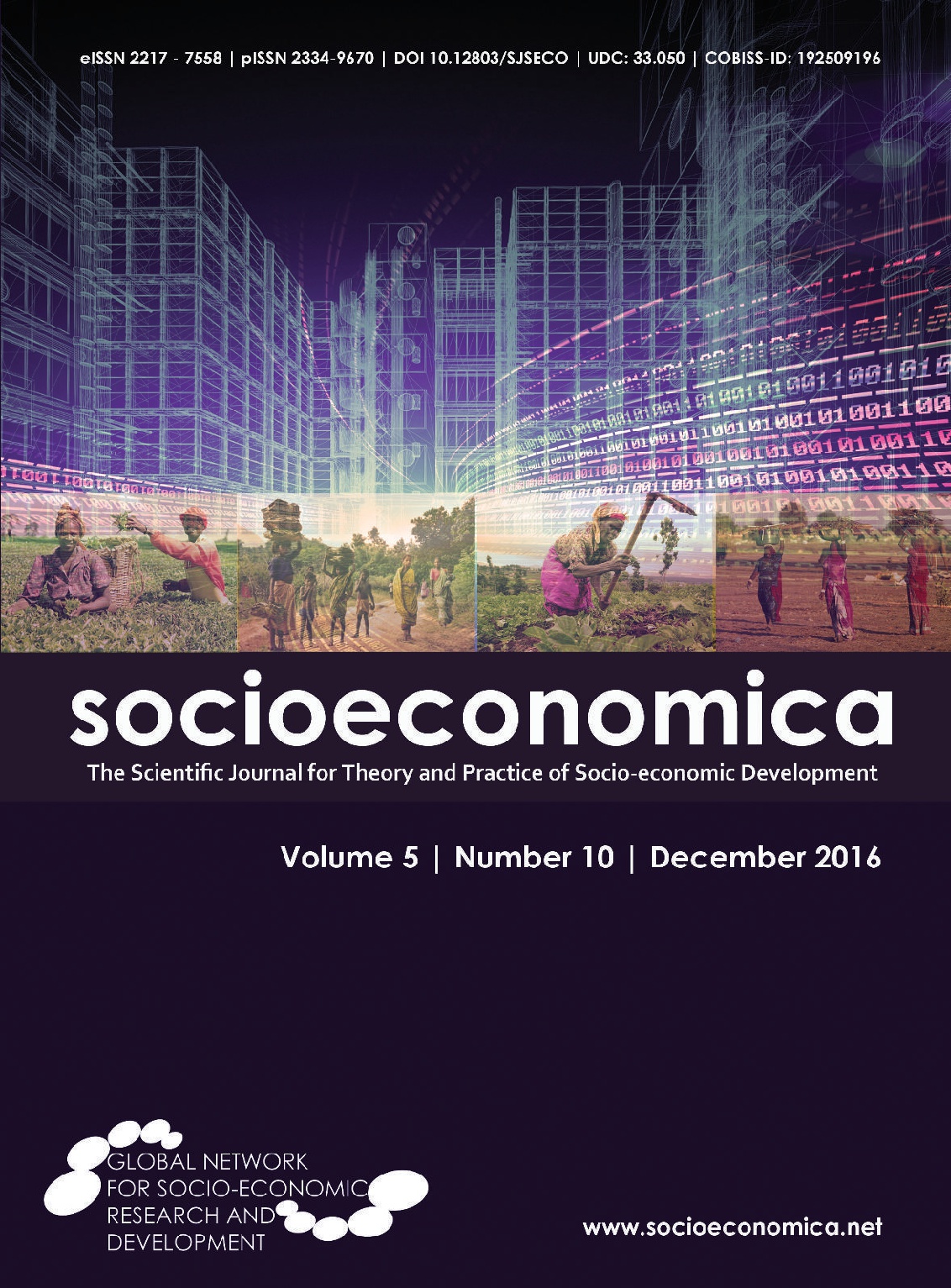The Relation Between Socio-Economic Status (SES) And Early Development: Empirical Findings And Theoretical Perspectives
The Relation Between Socio-Economic Status (SES) And Early Development: Empirical Findings And Theoretical Perspectives
Author(s): Arif Shala, Albulene GrajcevciSubject(s): Language acquisition, Cognitive Psychology, Socio-Economic Research
Published by: Naučno društvo za promociju i unapređenje društvenih nauka AKROASIS
Keywords: Socioeconomic status; language development; brain development; behavioral functioning; cognitive development and intelligence;
Summary/Abstract: Issues pertaining to child development have been an important topic in research. Not only is the development trajectory important but also the identification of factors that influence development trends in children. Socioeconomic status has received considerable attention in research as a factor determining development tendencies in early childhood. According to theories and frameworks, socioeconomic status influences family dynamics, parental techniques, parental investment and access to resources necessary for development. The frameworks consider that low socioeconomic status hinders development in children. Among the development domains that are influenced by socioeconomic status research documents impact language development, executive function, brain development, behavioral functioning, cognitive development and intelligence. The four theories dominating the research on the link between socioeconomic status and child development agree that lower SES standing hinders the development of children while parents with high socioeconomic status are able to provide the necessary preconditions for development.
Journal: Socioeconomica - Naučni časopis za teoriju i praksu društveno-ekonomskog razvoja
- Issue Year: 5/2016
- Issue No: 10
- Page Range: 309-329
- Page Count: 21
- Language: English

